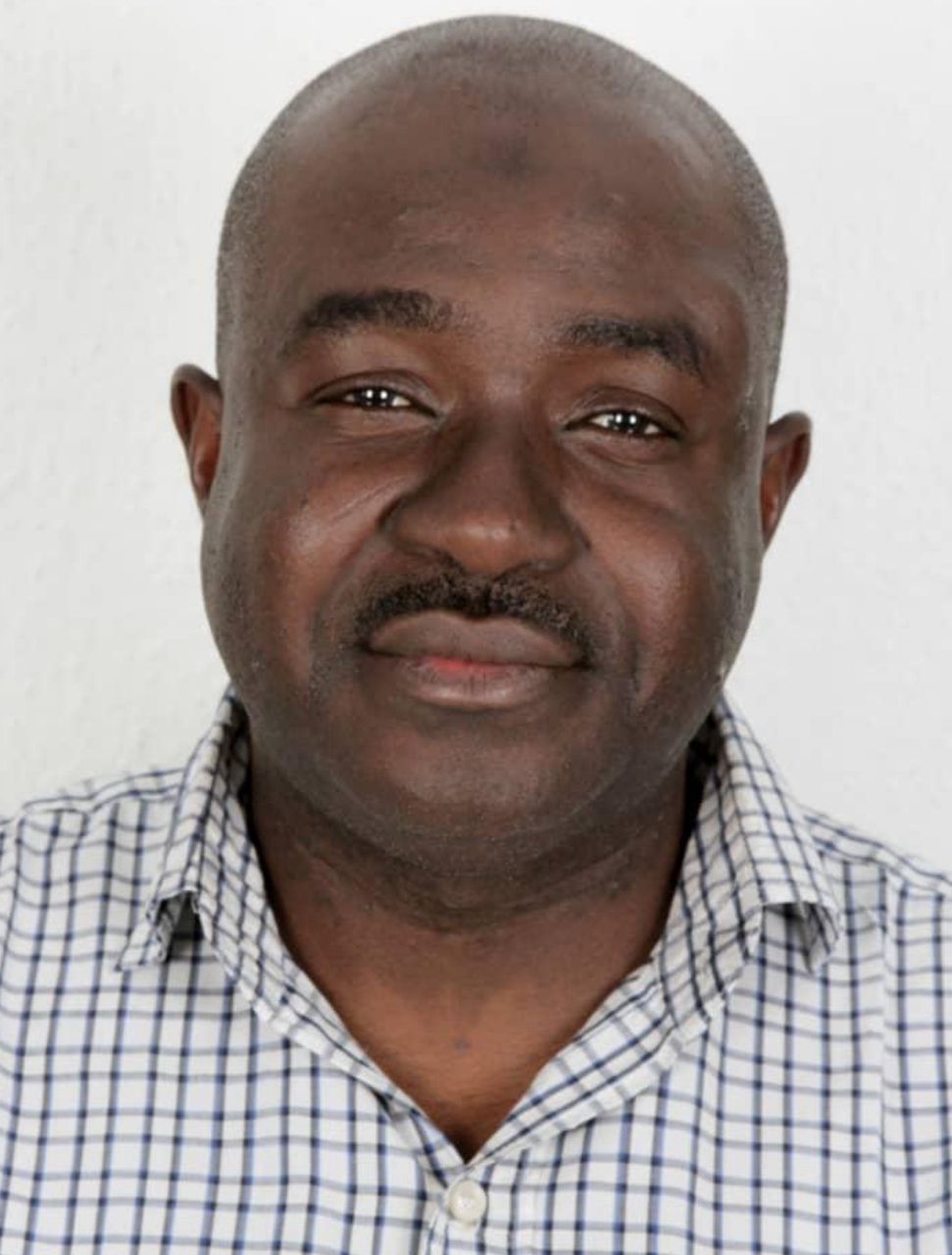By Musa Abdullahi Sufi, Abuja Nigeria
In every corner of Africa, from the crowded markets of Kano to the peaceful villages of Botswana, ordinary people ask a powerful question, “Is our democracy working for us?”
Democracy, at its best, is not just about voting—it’s about living with dignity. It’s about waking up to a society where your voice counts, your rights are protected, and your leaders serve, not rule. But how can citizens truly know if their democratic government is making progress?
The answer lies not only in laws and constitutions but in the daily realities of the people. Let me highlights some headlines to help us have a glimpse briefly of what it means to be a true democracy for the people and vice versa
Free and Fair Elections: The People Must Choose
“Democracy without credible elections is like a river without water.” – Dr. Nic Cheeseman, African democracy scholar.
Across the continent, peaceful transitions of power are still fragile. But where elections are transparent, timely, and inclusive—like in Ghana and Botswana—people feel a deeper connection to governance. When voters can cast ballots without fear of violence or rigging, it signals that the democratic process is respected.
Justice That Works for All
“In South Africa, we fought for a justice system that doesn’t just serve the rich. We are still fighting.” – Thuli Madonsela, former Public Protector of South Africa.
Courts must be independent, accessible, and fair. When justice is for sale, democracy withers. When even the president can be held accountable—as seen in Kenya’s anti-corruption cases or Malawi’s judiciary annulling flawed elections—trust in governance grows.
Freedom of Speech and Media
“The media is the oxygen of democracy.” – John Githongo, Kenyan anti-corruption activist.
In countries like Senegal, vibrant journalism has held leaders accountable. However, in others, journalists face jail for doing their job. A democratic government that fears the press or silences dissent is not progressing—it’s regressing.
Transparency and Accountability
“We must move from democracy of promises to democracy of delivery.” – Mo Ibrahim, Sudanese-British billionaire and founder of the Mo Ibrahim Foundation.
Citizens must see where public money goes. Tools like budget tracking apps in Nigeria or public expenditure audits in Rwanda empower people to follow the money. Progress shows when corruption is punished, not protected.
Human Rights and Inclusion
“Democracy cannot exist where women, youth, and minorities are silenced.” – Ellen Johnson Sirleaf, former President of Liberia.
Real democratic progress means that people—regardless of tribe, religion, gender, or background—can live freely. In Tunisia, post-Arab Spring reforms aimed to give more rights to women and civil society. Inclusion is not a luxury; it is the backbone of true democracy.
Institutions That Serve the People
From healthcaee centers in Ethiopia to local schools in Sierra Leone, the reach of public services reflects democratic strength. If schools fail, hospitals are broken, or the police abuse power, people lose faith in the system.
Institutions must be efficient, accessible, and responsive. They must serve the people, not the politicians.
Peace and Security
“We don’t just want to vote in peace. We want to live in peace.” – Fatoumata Diallo, youth leader from Guinea.
A progressing democracy builds peace—not just by ending wars but by addressing the roots of conflict: inequality, injustice, and exclusion. In places like Rwanda and Tunisia, national dialogues have been used to heal divisions.
Economic Justice
“Democracy without jobs is a ticking time bomb.” – Professor Patrick Lumumba, Kenya.
Progress isn’t only political; it must be economic. When governments create jobs, support youth and farmers, and reduce inequality, democracy becomes meaningful.
In Namibia, the Basic Income Grant pilot reduced poverty and boosted community wellbeing. In Nigeria, social investment programs aim to lift millions. Do the poor feel the change?
Active Citizens and Civic Space
“The strength of democracy lies in the people who protect it.” – Graça Machel, Mozambican humanitarian and widow of Nelson Mandela.
A healthy democracy empowers citizens to organize, protest peacefully, demand accountability, and shape policies. In Kenya, #EndCorruption campaigns; in Nigeria, the initial intentions of #EndSARS and #EndBadGovernemtn movement all show civic energy shaping the democratic narratives.
Final Thoughts: Democracy Is a Living Relationship
Democracy is not a one-day affair; it is a living relationship between people and power. It matures when leaders serve with humility, when institutions protect without fear, and when citizens speak without being silenced.
If you want to know whether a democracy is making progress, don’t just look at the speeches or election results or even lamentation and propaganda efforts. Look at the people. Are they freer, safer, receiving quality education and healthier, more hopeful, peaceful etc? Do they feel heard, respected, and included? Is the government accountable for the state allocation, grants or generally Internally Generated Revenue? Are the budget process and spending open and accountable?
These are some real measures to be looking at by the people and non state actors like NGOs and CSOs.
As Nelson Mandela once said, “A nation should not be judged by how it treats its highest citizens, but its lowest ones.”
Africa’s future depends on a democracy that doesn’t just exist on paper, but transforms lives, protects rights, and builds a shared destiny for all. An Africa must also develop its own democratic systems and approaches that align with African economic, social, cultural, human and sustainable development facts.
Musa Abdullahi Sufi is a development journalist and policy advocate based in Kano, Nigeria. He writes on leadership, governance, and youth empowerment across Africa. Writes from Abuja, the Nigeria Capital.


